Find an accountability partner.
As iron sharpens iron, so one person sharpens another. -Proverbs 27:17
This verse is a very popular, often quoted verse, and for good reason. We've all said to ourselves, "I'm so tired from work. I'll do ____ tomorrow."; however, if there is someone counting on us to do the task we were wanting to put off, there's a much higher likelihood of us doing what we said we would do.
Who we choose as an accountability partner is as important as having one to start with. You shouldn't choose your broke friend to keep you accountable on your purchasing decisions and you shouldn't choose your lazy friend to keep you accountable on your fitness goals. Two good choices for an accountability partner are a coach/personal trainer or a friend/family member who has expressed concern over your health- or just simply has the same goals as you do.
Make a plan. Write it down.
“What gets measured gets improved.” -Peter Drucker
One of the biggest indicators for whether or not an individual will stick to their goals is whether or not they have a plan. Personally, I have never seen an individual stick to a goal if they did not plan ahead. Those that wing it get frustrated and quit very quickly. Additionally, those who do not write their plan down and track results also almost always quit. Tracking results lets you know where you are, where you've been, and where you're going.
Are your goals SMART?
Are your goals Specific, Measurable, Achievable, Relevant, and Time-bound? If you answer no to any item in the previous criteria, there is a high likelihood you will not stick to your resolution. From my coaching experience, the two most important factors of the criteria are achievable and time-bound. Most people will set a goal that is next to impossible, get discouraged when they don't reach it, then quit even if they've actually made really good progress.
Let's look at an example. Sarah weighs 150 pounds and wants to lose 20 pounds in a month. This comes out to be 5 pounds per week. A safe weight-loss target is ~1-2% of your body weight per week. For Sarah, this would be 1.5-3 pounds per week. Let's say Sarah achieves the top end and loses 3 pounds per week. At the end of the month, she has lost 12 pounds, which is spectacular; however, she did not lose the 20 pounds she wanted so she gets discouraged and quits. If she would have set an achievable goal of 10 pounds and lost those same 12 pounds, not only would she have reached her goal but she would have surpassed it and likely would have been encouraged to keep going.
Making your goal time-bound is important because if you have no time limit on your goal, it is easy to say "well, it's ok, I can have this candy today and start back tomorrow" and the cycle will continue. Having a start and end date helps you stay motivated to reach the goal. I would highly recommend my article, Are your goals SMART goals? for further information on sticking to your goals.
I currently have a few open spots available for new clients. If you'd like to have help along your fitness journey you can click on the Hire Treadaway tab or contact me on facebook to get the ball rolling! Thanks for reading, God bless, and I'll see you next time!


